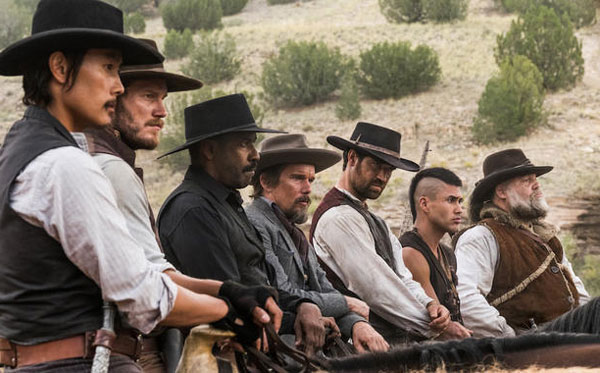Rebecca
by George Wolf
Let’s give credit where it’s due. Remaking a Hitchcock classic takes some stones. Beyond putting aside the inevitable comparisons, you’ve got to find a way to follow your own vision while honoring the elements that make the film worth revisiting.
A look at Ben Wheatley’s resume (Kill List, A Field in England, Sightseers, High Rise, Free Fire) suggests the promise of edge and/or sly wit. But Wheatley’s update of Hitch’s 1940 gothic potboiler Rebecca can never quite fulfill that promise.
Things start well enough. Armie Hammer cuts a detached and dashing figure as wealthy heir Maxim de Winter. Surrounded by luxury on a Monte Carlo holiday in the late 1930s, he still struggles to recover from the sudden death of his wife, Rebecca.
Max’s mood improves when he meets a young ladies’ maid (Lily James), who must sneak away from her employer Mrs. Van Hopper (Ann Dowd) each time Max sends handwritten invitations for increasingly intimate meetups.
The whirlwind courtship leads to an impulsive marriage, with Max taking the new Mrs. de Winter back to Manderlay, his family’s sprawling estate on the windswept English coast.
The new bride’s welcome, led by Manderlay’s imposing head servant Mrs. Danvers (Kristin Scott-Thomas, icy perfection), is less than warm.
The memory of Rebecca permeates the house and haunts the new wife. But even as she struggles to compete with the ghost of a seemingly perfect woman, the second Mrs. de Winter is drawn into a growing mystery of what really happened to the first.
James is a natural at delivering the innocence and naïveté of the never-named proletarian suddenly thrust into aristocracy. Likewise, Hammer’s chisled handsomeness and graceful manner make Max’s required mix of societal etiquette and subtle condescension instantly identifiable.
But their character arcs – like much of Rebecca‘s stylish narrative – begin to crumble with each new breadcrumb. Wheatley, going bigger than ever with a veteran writing trio’s new adaptation of Daphne Du Maurier’s celebrated novel, checks off the revelations in a workmanlike succession that’s almost completely devoid of the suspense and sexual anxiety that propel the original film.
So when the seismic power shift strikes the de Winter’s marriage, it lands as a turn less earned and more like a matter of melodramatic convenience.
It’s all perfectly grand and respectable, but never memorable. And by the time Wheatley’s final shot suggests a haphazard attempt to re-frame all of it, this Rebecca, like the young Mrs. de Winter, has a tough time measuring up.



